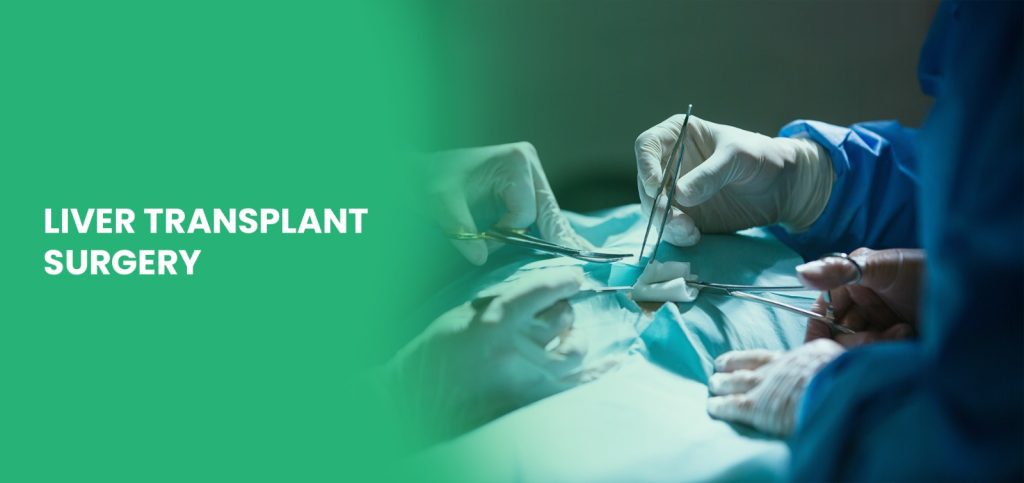
Liver transplant surgery is a life-saving medical procedure that involves replacing a diseased or malfunctioning liver with a healthy liver from a living or deceased donor. It is a complex and critical operation that can significantly improve the quality of life and extend the lifespan of individuals suffering from end-stage liver diseases. In this comprehensive guide to liver transplant surgery, we will explore the various aspects of this procedure, including the need for a liver transplant, the transplant process, post-operative care and potential risks and complications.
The Need for Liver Transplant Surgery
Liver Diseases Requiring Transplants
Liver transplant surgery is primarily indicated for individuals with end-stage liver diseases, including:
Potential candidates for liver transplant surgery undergo a rigorous evaluation process to determine their suitability for the procedure. This evaluation assesses the patient’s overall health, the severity of liver disease, and their ability to comply with post-transplant care.
There are two primary sources for donor livers in liver transplant surgery:
The allocation of donor livers is managed by a national transplant registry, which prioritizes recipients based on factors like the severity of their condition and the availability of matching organs.
Liver transplant surgery typically involves the removal of the recipient’s diseased liver and the transplantation of a healthy donor’s liver. The procedure can last several hours and is performed under general anaesthesia.
After the surgery, patients are closely monitored in the intensive care unit (ICU) to ensure the new liver functions correctly. Recovery times vary, but most patients spend about a week in the hospital.
Post-Operative Care
The success of liver transplant surgery has improved significantly over the years, with a high survival rate for both adult and pediatric patients. Success depends on factors such as the underlying liver disease, the health of the patient, and compliance with medical recommendations.
Liver transplant surgery is a complex yet life-saving procedure that has transformed the lives of countless individuals suffering from end-stage liver diseases. While it comes with its challenges and potential risks, the opportunity for a second chance at life is a profound and remarkable outcome. This comprehensive guide to liver transplant surgery provides an overview of the process from the need for a transplant to post-operative care and potential complications. It is crucial for individuals facing liver disease, their families and caregivers to be informed about this life-changing procedure and its implications.

